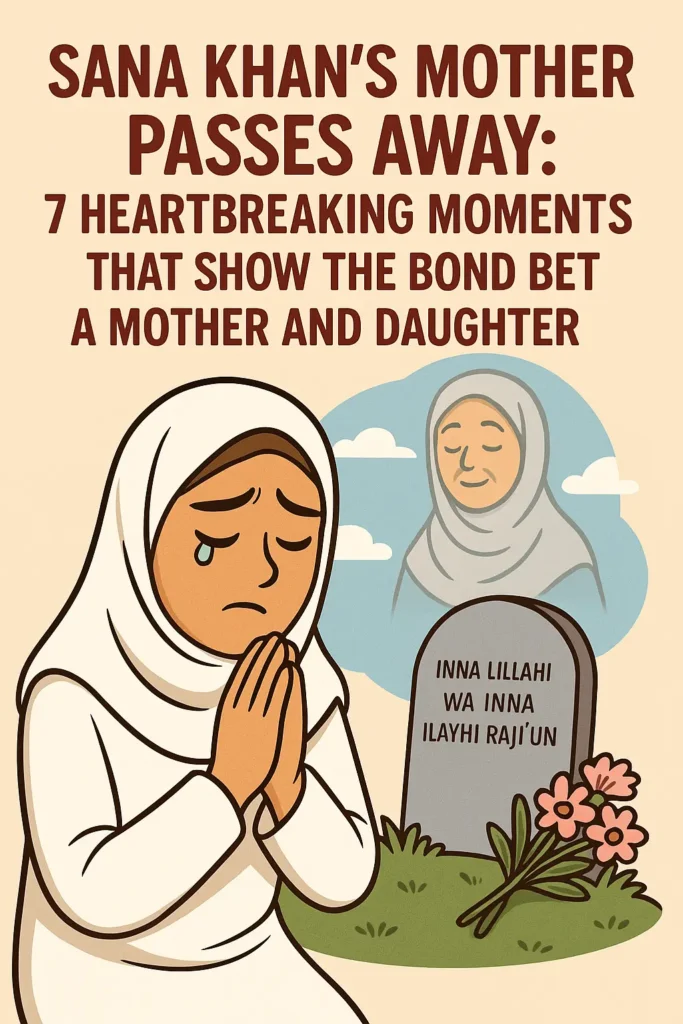In a shocking incident from Uttar Pradesh, BJP MLA Prakash Dwivedi, allegedly involved in illegal sand mining, assaulted an SDM and a police officer for intercepting his trucks carrying illegally mined sand (maurang). The incident has drawn sharp criticism from all quarters, reigniting debates around political arrogance, law enforcement helplessness, and the growing nexus between crime and politics. यूपी में एक BJP विधायक हैं- प्रकाश द्विवेदी, इन्हें बालू माफिया कहा जाता है। 'बालू माफिया' BJP विधायक प्रकाश द्विवेदी के दो ट्रक अवैध रूप से मौरंग लादकर जा रहे थे। रास्ते में SDM अमित शुक्ला ने विधायक जी के ट्रक रोक लिए और थाने ले जाने लगे। इसकी जानकारी 'बालू माफिया' BJP विधायक… pic.twitter.com/IbsiZtz1rx — Congress (@INCIndia) June 23, 2025 The chain of events unfolded when SDM Amit Shukla, during a routine check, stopped two trucks carrying illegally mined sand. Upon discovering they belonged to BJP MLA Prakash Dwivedi — infamously known as a ‘sand mafia’ — Shukla ordered the trucks to be taken to the police station for further investigation. When MLA Dwivedi got wind of the situation, he immediately called the SDM and issued direct threats, commanding him to release the trucks at once. Upon refusal, the MLA reportedly said, “Stay right there, I’ll show you your place,” and rushed to the location with his convoy. उत्तर प्रदेश- भाजपा विधायक प्रकाश द्विवेदी का SDM मामले पर बयान – pic.twitter.com/QuOB006s7G — Gaurav Singh Sengar (@sengarlive) June 24, 2025 What followed was an open display of lawlessness. Upon arriving, Dwivedi stepped out of his car and slapped the SDM twice. When a nearby police constable tried to intervene, he too was assaulted by the MLA. Eyewitnesses claimed that the MLA hurled vulgar abuses and issued death threats, vowing to kill anyone who tried to stop his illegal activities in the future. This ordeal lasted for about an hour, after which the officers, instead of taking legal action, apologized to the MLA, allegedly out of fear or pressure. This incident brings back memories of a similar one in 2008 when an SO (Station Officer) was slapped by a legislator for refusing to support illegal actions. At that time, the SO remained silent, but when the government changed and the legislator lost his seat, he was beaten by the police, even suffering a broken arm. Such incidents reflect the deep-rooted problems within our political and administrative systems — where power often overshadows justice, and law enforcers are rendered helpless. Social media exploded with reactions. Some users condemned the BJP for allowing mafias to flourish under their rule, labeling it as “Gundaraj”. Others pointed out that the Congress has no moral right to criticize, as the current political decay stems largely from its own history of corruption, nepotism, and vote bank politics. Several citizens expressed disappointment, saying that such lawlessness discourages honest officers, while a few sarcastically suggested that SDMs should resign and watch YouTube at home if they can’t exercise their power. What’s particularly alarming is that this entire issue revolves around illegal extortion and trade, in which, as some reports suggest, district officials themselves may be complicit. While the assault received media attention, no concrete evidence or action has surfaced, leading to further speculation about cover-ups and systemic rot. This raises serious concerns about the future of governance if such trends continue unchecked. In the end, the incident reflects not just the failure of a political party, but of a system that allows criminals to rule, while honest officers are punished or silenced. Whether it’s BJP or Congress, the root problem remains the same — unchecked power, political protection, and a lack of accountability. Chief Minister Yogi Adityanath has previously taken strict action against such elements, and the public now waits to see whether this case will see true justice or become just another forgotten scandal. FAQs 1. Who is Prakash Dwivedi?Prakash Dwivedi is a BJP MLA from Uttar Pradesh, allegedly involved in illegal sand mining activities and referred to as a “sand mafia” by critics. 2. What happened between the SDM and the MLA?The SDM, Amit Shukla, stopped two illegal sand trucks. Upon learning this, the MLA assaulted him and a police officer in broad daylight. 3. Was any action taken against the MLA?As of now, no firm legal action has been reported. Instead, officers were seen apologizing to the MLA after the altercation. 4. Why is this incident significant?It highlights the rising lawlessness, political interference in policing, and helplessness of honest officers in the face of political muscle. 5. How is the public reacting to the incident?The incident has triggered widespread outrage on social media, with citizens demanding justice and stronger governance.










